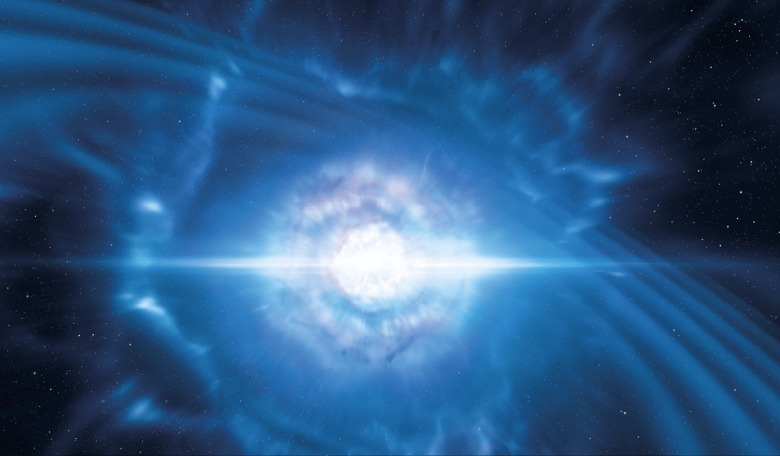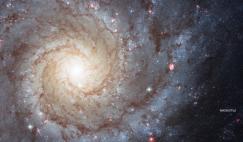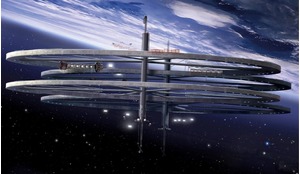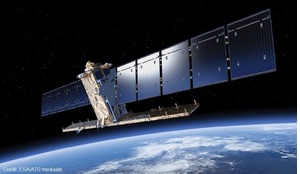As NASA, the European Space Agency and the space industry look to return to the Moon and to venture even further, we should be asking: what image of humanity do we want to project onto new space environments? Is it a narrow picture or an inclusive one? What are the ethical and societal values that we want to identify with? Here, the authors argue that the cultural norms we cultivate on Earth will ultimately be carried into space and that inclusivity is an imperative for innovative space exploration.
Outer space is recognised as an environment, a tool and idea — a kaleidoscope for viewing humanity from diverse perspectives. Connecting the dots between these different angles can reveal not only our human identity and how we address our terrestrial social and technological concerns, but also how societal frameworks today will likely impact our future experiences and relationships beyond Earth. Space serves as a thought experiment and practical analogue for re-evaluating norms and progressing as a society.














